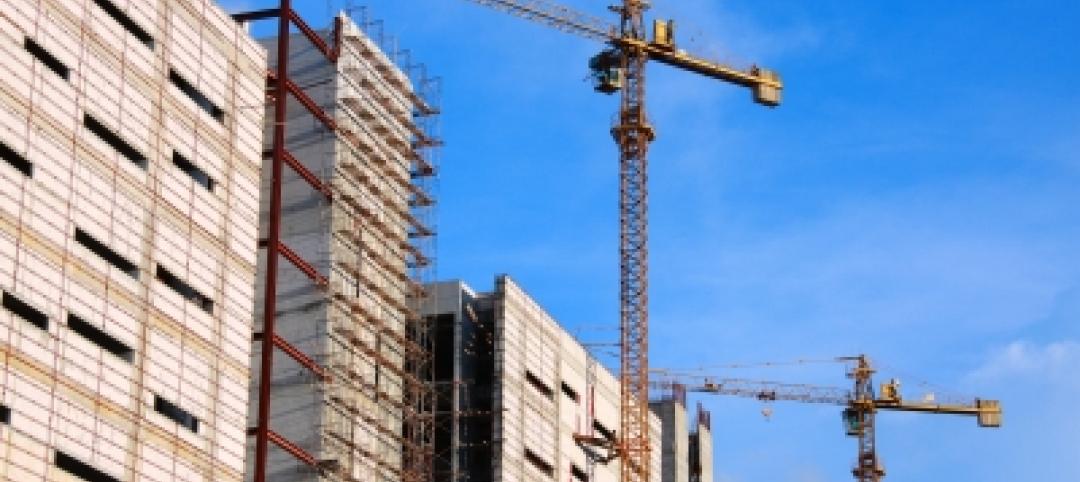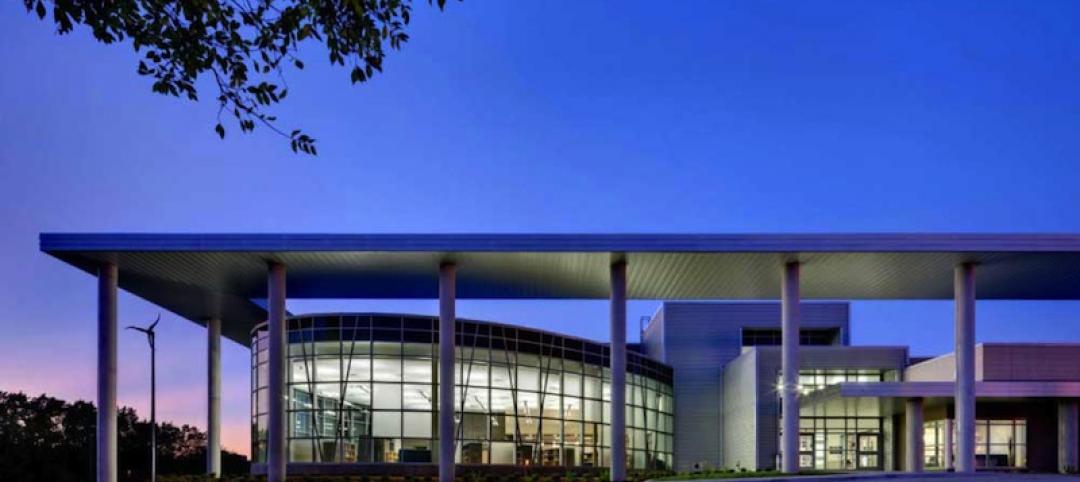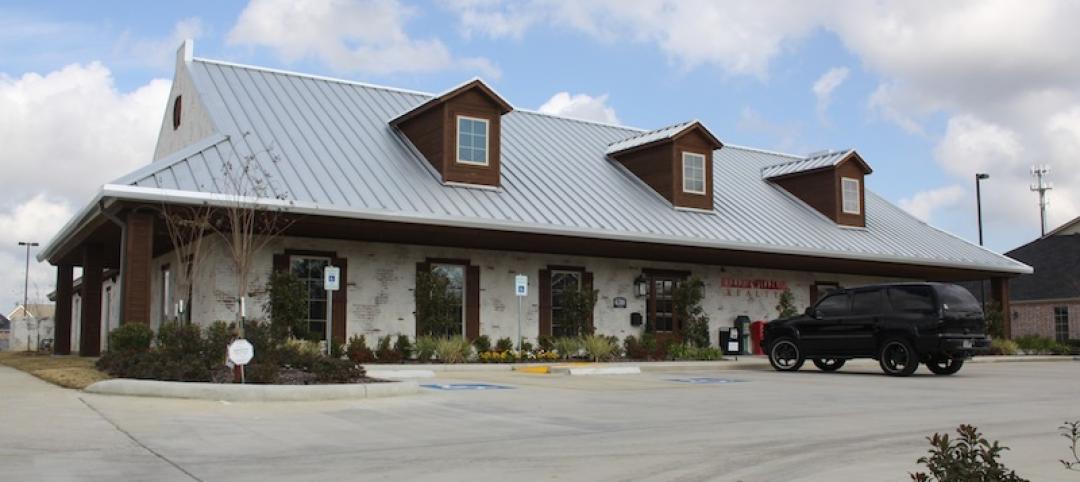The U.S. Department of Energy has released a new national definition of a zero emissions building.
The definition is intended to provide industry guidance to support new and existing commercial and residential buildings to move towards zero emissions across the entire building sector, DOE says. “The definition provides market certainty and clarity to scale zero emissions new construction and retrofits,” according to a DOE statement.
By the definition, at a minimum, a zero emissions building must be energy efficient, free of onsite emissions from energy use, and powered solely from clean energy. In the future, the definition may address emissions from embodied carbon (producing, transporting, installing, and disposing of building materials) and additional considerations.
The definition is not a regulatory standard or a certification. It is intended to provide guidance that public and private entities may adopt to determine whether a building has zero emissions from operational energy use. “It is not a substitute for the green building and energy efficiency standards and certifications that public and private parties have developed,” DOE says.
Related Stories
| Dec 18, 2013
Architecture Billings Index takes step back in November
After six months of steadily increasing demand for design services, the Architecture Billings Index paused in November, dipping below 50 for just the second time in 2013.
| Dec 17, 2013
NREL, National Trust offer energy roadmap for small buildings and small portfolios
The National Renewable Energy Laboratory and the National Trust for Historic Preservation’s Preservation Green Lab initiative have released the report “Industry Research and Recommendations for Small Buildings and Small Portfolios,” analyzing untapped opportunities in energy savings.
| Dec 17, 2013
Nation's largest net-zero K-12 school among winners of 2013 Best of Green Schools award
The Lady Bird Johnson Middle School in Irving, Texas, was named a winner of USGBC's annual award, along with nine other schools, individuals and communities working toward the common goal of healthy, high-performing learning places.
| Dec 17, 2013
IBM's five tech-driven innovation predictions for the next five years [infographics]
Smart classrooms, DNA-based medical care, and wired cities are among the technology-related innovations identified by IBM researchers for the company's 5 in 5 report.
| Dec 16, 2013
Is the metal building industry in a technology shift?
Automation is the future you can’t avoid, though you may try. Even within the metal building industry—which is made up of skilled tradesmen—automation has revolutionized, and will continue revolutionizing, how we work.
| Dec 16, 2013
Why employees don’t trust their leaders
Trust, one of the key elements to productive business relationships, is in short supply these days. An Associated Press-GfK poll discovered that only one-third of Americans say most people can be trusted and nearly two-thirds says “you can’t be too careful” in dealing with people.
| Dec 16, 2013
Construction materials prices remain stable in November
Overall, construction materials prices fell 0.5 percent in November and are up only 1.1 percent year over year, according to the Department of Labor’s Dec. 13 Producer Price Index.
| Dec 13, 2013
Safe and sound: 10 solutions for fire and life safety
From a dual fire-CO detector to an aspiration-sensing fire alarm, BD+C editors present a roundup of new fire and life safety products and technologies.
| Dec 13, 2013
AIA, MIT issue joint report on impact of design on public health
The research looks at the health of eight U.S. cities and lays out a path for translating the research into meaningful findings for policy makers and urban planners.
| Dec 11, 2013
Wyndham unveils hotel prototype for its Hawthorn Suites chain
The extended-stay hotel prototype reduces development costs by 46% for franchisees and enhances the overall guest experience.

















